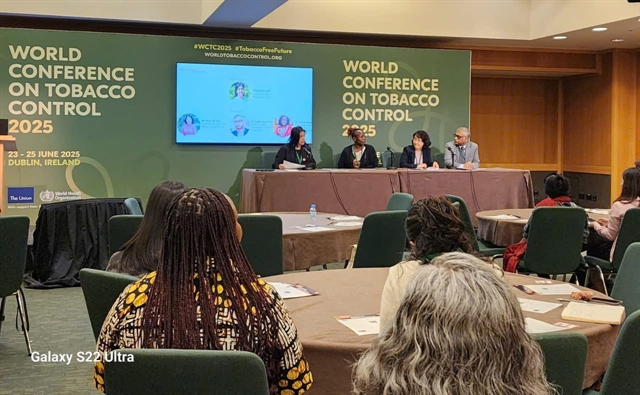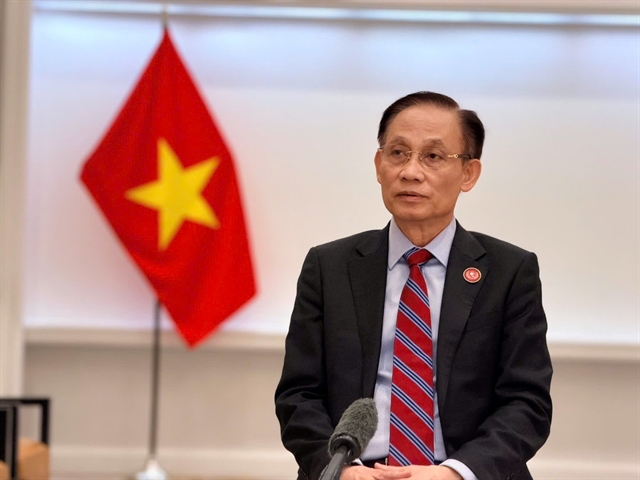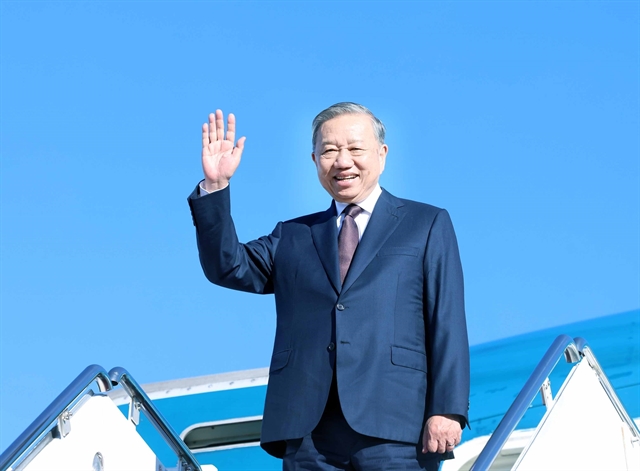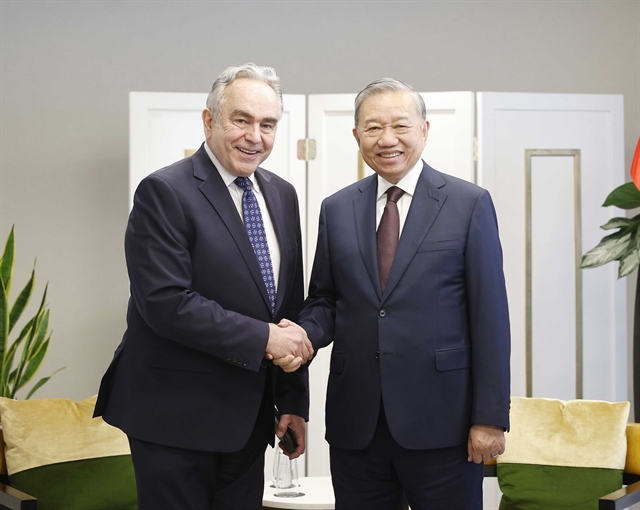 Society
Society

 |
| Paticipants attend the World Conference on Tobacco Control 2025 in Dublin from June 23 to 25. — Photo courtesy of the Tobacco Harm Prevention Fund |
HÀ NỘI — Việt Nam shared lessons learned on establishing and operating a stable financial mechanism for tobacco harm prevention and control at the World Conference on Tobacco Control 2025.
The conference is organised by the International Union Against Tuberculosis and Lung Disease (The Union), with the support of the World Health Organisation (WHO), the Government of Ireland and Bloomberg Philanthropies.
The annual event, which takes place from June 23 to 25 in Dublin, Ireland, brings together hundreds of delegates from governments, health organisations, research institutes and civil society from around the world.
As many countries face cuts in public health budgets and the expansion of tobacco industry marketing strategies, this year’s conference focuses on solutions to ensure sustainable financing to promote effective implementation of the WHO Framework Convention on Tobacco Control (FCTC).
Speaking at the discussion session on sustainable finance, Phan Thị Hải, Deputy Director of the Tobacco Harm Prevention Fund, highlighted the important role of strong political commitment from the Party, the National Assembly and the Government in the work of preventing and combating the harmful effects of tobacco and protecting people's health.
From that foundation, Việt Nam issued the Law on Tobacco Harm Prevention and Control and established the Tobacco Harm Prevention Fund in 2013. The fund is funded by mandatory contributions from enterprises that manufacture and import tobacco products, according to Hải.
Hải said: “Thanks to this approach, Việt Nam has achieved many remarkable results, such as the smoking rate among adults decreased from 23.8 per cent in 2010 to 20.8 per cent in 2021. The rate of exposure to secondhand smoke decreased from 73.1 per cent to 45.6 per cent.”
The National Assembly passed Resolution 173/2024/QH15, officially banning e-cigarettes, heated tobacco products and new addictive products from 2025. At the same time, in June 2025, the National Assembly continued to pass the Law on amending the special consumption tax, establishing a mixed tax system and a roadmap for increasing tobacco taxes until 2031, according to Hải.
At the conference, the WHO and international partners emphasised the importance of increasing each country's financial resources to sustain tobacco control programmes in the long term, especially in low- and middle-income countries, where most programmes still rely on international aid and face severe budget shortfalls.
According to experts, although the cost of implementing tobacco control programs is not high, the benefits are huge in terms of public health and the economy. In 2017, the average expenditure on tobacco control was only US$0.01/person in middle-income countries and $0.0048 /person in low-income countries.
To address this problem, the FCTC calls on governments to increase domestic financial investment. This is considered the foundation for maintaining sustainability, reducing the burden of disease, saving treatment costs and moving towards a healthy, developed society.
Experts also affirmed that investing in tobacco control is one of the most effective health and economic strategies. In a period when public health resources are under great pressure, building a sustainable domestic financial mechanism is not only an urgent requirement but also a prerequisite for protecting public health and sustainable development. — VNS




